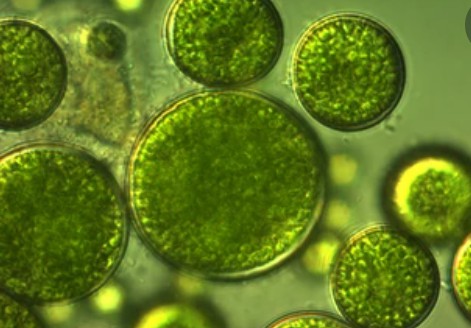Plant Chassis Cell Development
In recent years, the application of synthetic biology has begun to expand from microbes to more complex systems such as plants. Plants possess abundant endosomal systems and organelles, highly specialized biosynthetic gene clusters, and fine metabolic regulatory networks. Plant chassis cells are widely used for recombinant protein production, natural product metabolic pathway elucidation, etc., and have played an important role in biomedical fields. Plant-chassis-based cell development has a broad application prospect.
Lifeasible's synthetic biology research based on plant chassis continues to study in depth the mechanism of action of plant chassis carbon metabolism molecules, uncover key regulatory sites, and devote itself to developing plant chassis cells to improve the production capacity of target products. We use synthetic biology techniques to provide important guidance for improving the productivity of plant chassis. We also provide new strategies for solving dilemmas and problems in agricultural production by establishing efficient heterologous anabolic pathways through precisely modified gene editing techniques.

Features of building plant chassis cells
- Compared to microbial chassis, plants have their unique advantages as "cell factories'.
- The richness and complexity of the target products produced are naturally higher.
- Compared with microbial core strains, which are easily stolen and difficult to reverse the production of strains from target products, plant chassis is more conducive to the protection of intellectual property.
- As photosynthetic autotrophs, they can reduce production costs from the raw material side and have the potential to be the lowest cost.
Plant chassis cell construction strategies
- We offer two strategies for the construction of plant chassis cells in general. One is to simplify the chassis cell genome by deleting non-essential genes, streamlining the genome, and improving cellular properties, which can effectively reduce the consumption of substrates, and energy, and reduce power by unnecessary pathways in the cellular background, allowing the optimization of cellular metabolic pathways, better tolerance of the metabolic burden of various genetic elements and metabolites introduced, and substantially improving the predictability and controllability of cellular physiological performance, generally we use genome editing technologies such as CRISPR-Cas9 technology, multivariate automated genome engineering, and site-specific homologous recombination, which allow simultaneous editing of multiple loci in the genome to transform chassis cells. There is also a strategy to build artificial chassis from scratch.
- The plant chassis cell construction service we provide is characterized by easy culture, simple and efficient genetic manipulation, concise background, and the ability to fit with standardized components from different sources, which can achieve stable and high yield of target products and facilitate industrial dissemination.
Our service advantages

Lifeasible continues to focus on R&D segments, including expansion of the class and number of chassis cells, preparation and elements of target products, construction and development of key intermediate product cell lines, and optimization and application of atypical cultivation patterns. If you are interested in us, please feel free to contact us.
For research or industrial raw materials, not for personal medical use!

